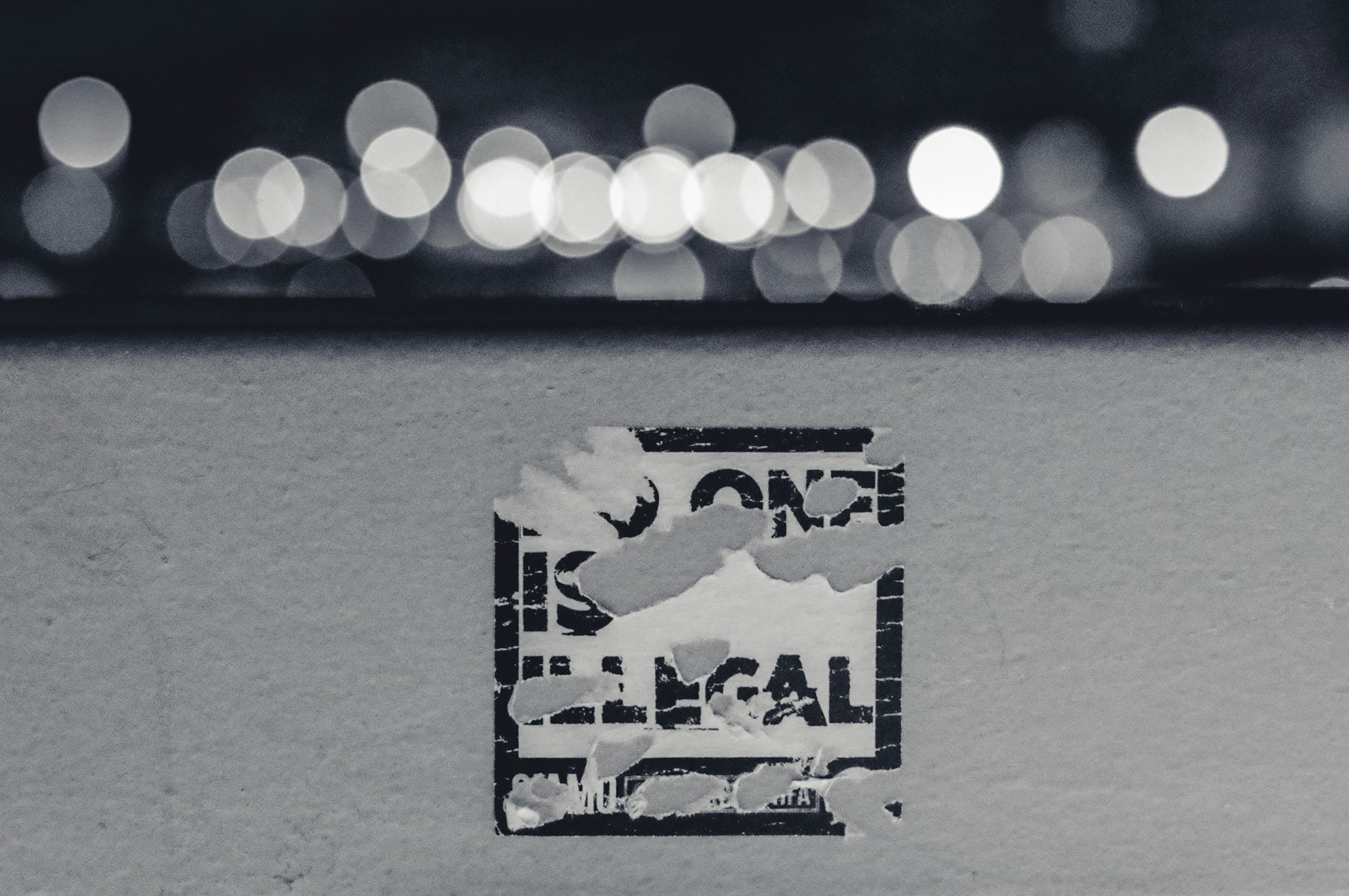Are VPNs Illegal?

Are you worried about using a VPN because you're unsure if it's legal? Don't let that fear keep you from enjoying all the benefits a VPN can offer.
Key Points:
VPNs are legal in most countries but may be subject to certain restrictions or regulations depending on the location
VPNs are restricted or banned in a few countries, including China, Russia, Iran, United Arab Emirates, and North Korea.
Using a VPN to access restricted content or bypass censorship could be illegal in some countries.
Some countries have laws prohibiting the use of VPNs to commit cybercrimes or engage in activities that pose a threat to national security.
It is essential to be aware of local laws and regulations regarding VPN use and to use a VPN responsibly within the limits of the law.
The Legality of VPNs: Separating Fact from Fiction
A VPN can help you to maintain your online privacy and security, access blocked/restricted websites or apps, or protect yourself while using public Wi-Fi. But with so many myths and misconceptions surrounding the legality of VPNs, it's understandable to have concerns. So, let's cut through the confusion and get to the truth: are VPNs illegal? The answer may surprise you. Keep reading to find out more.
In many countries, VPNs are legal and widely used. Businesses and individuals often use them for various purposes, such as accessing blocked or restricted content, protecting against cyber threats, and maintaining online privacy.
However, there are a few countries where VPNs are restricted or banned. For example, in China, VPNs are heavily regulated, and only specific government-approved VPNs are allowed. In Russia, the use of VPNs is permitted. Still, there are strict regulations in place that require VPN providers to register with the government and comply with specific requirements. It's worth noting that even in countries where VPNs are legal, there may be certain restrictions on their use.
For example, some countries may prohibit the use of VPNs for accessing illegal or banned content or engaging in criminal activities. Suppose you are still determining the legality of VPNs in your country. In that case, it's a good idea to consult with a local lawyer or legal expert to understand your rights and obligations better. In general, it's essential to be aware of the local laws and regulations regarding VPNs in your country and to use a VPN responsibly and within the limits of the law.
VPNs are not illegal in most countries. Still, their use may be subject to certain restrictions or regulations depending on your location. It's essential to be aware of these laws and to use a VPN responsibly to ensure that you are not breaking any laws or infringing on the rights of others.
Where are VPNs Illegal?
There are a few countries where the use of Virtual Private Networks (VPNs) is restricted or banned. Here is a list of some of these countries:
- China: VPNs are heavily regulated in China, and only specific government-approved VPNs are allowed. Using unauthorized VPNs is banned and can result in fines or other penalties.
- Russia: While VPNs are allowed in Russia, there are strict regulations that require VPN providers to register with the government and comply with specific requirements.
- Iran: VPNs are illegal in Iran and can result in severe penalties, including imprisonment.
- United Arab Emirates (UAE): VPNs are illegal in the UAE. There have been instances of individuals being arrested and charged for using VPNs to access banned content.
- North Korea: VPNs are strictly controlled in North Korea and are generally only available to select individuals.
It's worth noting that the legality of VPNs can change quickly in some countries. Hence, it's essential to stay up-to-date on the local laws and regulations regarding their use. Suppose you are still determining the legality of VPNs in a particular country. In that case, it's a good idea to consult a local lawyer or legal expert for more information.
When is using a VPN Illegal?
A few specific situations in which using a VPN could be illegal:
- Some countries have strict laws regarding VPN use, as we've mentioned above. If you are in one of these countries, you should be aware of the local laws and regulations relating to VPN use before you connect to a VPN.
- Sometimes, using a VPN to access restricted content or bypass censorship could be considered illegal. For example, if you use a VPN to access pirated content or engage in illicit activities, you could break the law.
- Some countries have laws that prohibit the use of VPNs to commit cybercrimes or engage in activities that pose a threat to national security.
In most countries, VPNs are legal and widely used for various legitimate purposes, such as protecting personal privacy and security online, accessing restricted content, and bypassing censorship. However, it's always a good idea to familiarize yourself with the local laws and regulations regarding VPN use before you connect to one.
In conclusion, the legality of VPNs is a complex and often misunderstood topic. While VPNs are generally legal in most countries, their use may be subject to certain restrictions or regulations depending on the location. In a few countries, VPNs are restricted or banned entirely. It's essential to be aware of the local laws and regulations regarding VPNs in your country and to use a VPN responsibly and within the limits of the law. Suppose you are still determining the legality of VPNs in a particular country. In that case, it's a good idea to consult a local lawyer or legal expert for more information. Ultimately, the key to using VPNs safely and legally is to choose a reputable VPN provider and use a VPN responsibly for legitimate purposes.
